This year’s DWEN (Dell Women’s Entrepreneur Network) Summit was held in CapeTown South Africa, with a theme of ‘Innovate for a Future-Ready World’. There was a huge amount of fantastic thought provoking content delivered across the 2 days, and even more from the conversations during the breaks and social functions as the predominantly female delegates did what women do best – started conversations, made connections and identified opportunities.
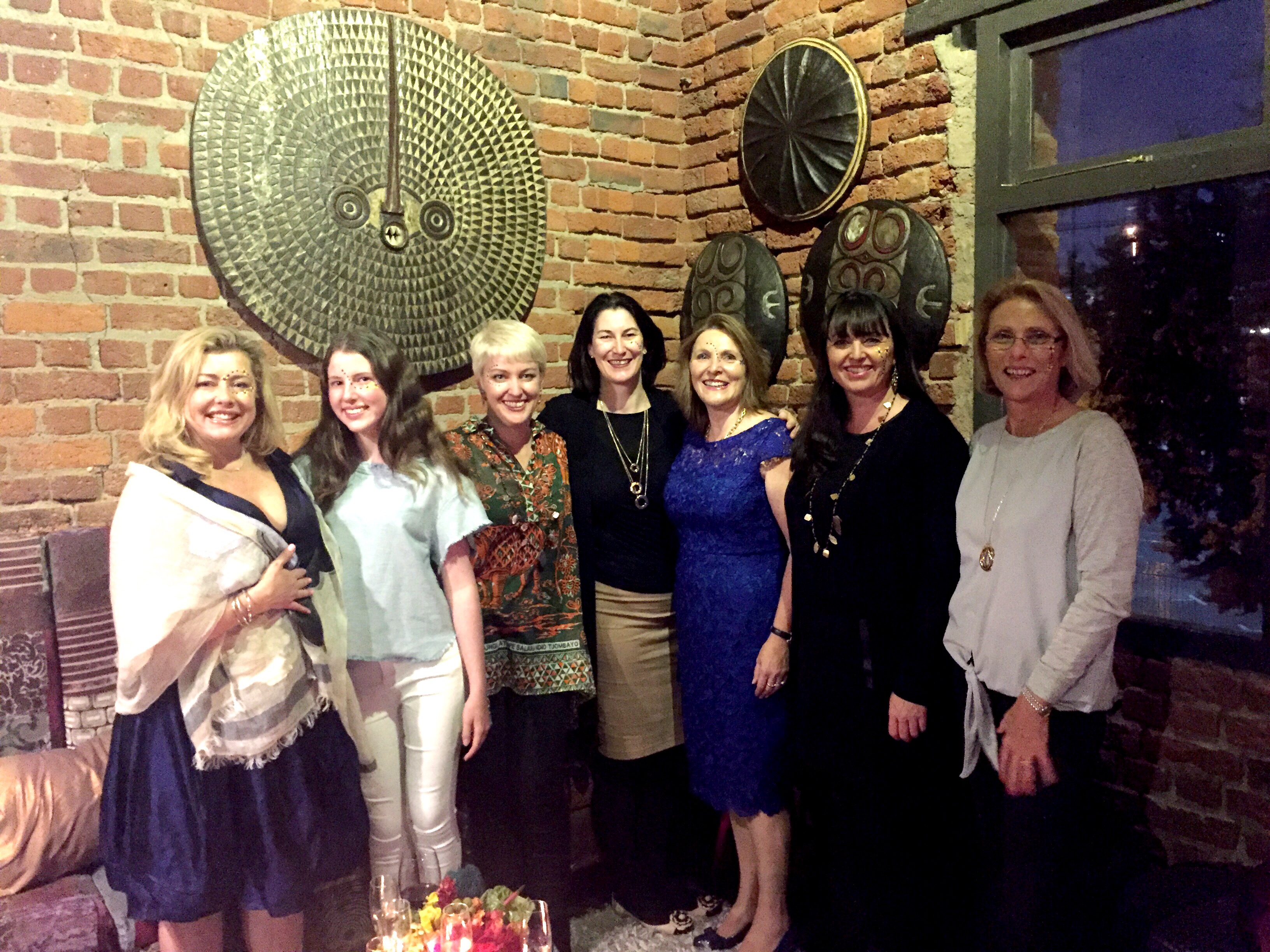
As Jane Wurwand, founder of Dermalogica said during her keynote ‘the conversations that you’re destined to have here that will have the greatest impact will most likely be with a person you don’t already know’. That’s the beauty of this event, it brings women together from all over the world from a wide variety of business, social and cultural backgrounds but who all share the belief that entrepreneurs can create businesses that deliver not only profit but social impact. With women putting 90% of their earnings back into their family and community versus 36% by men, increasing the earning capability of women creates an opportunity to deliver real and lasting change.
With so many great insights over the course of the two days it’s not possible to capture them all in one post, so this one will focus on one of the key discussions of the Summit – the role entrepreneurs can play in creating a future ready world by delivering on job creation, particularly in the context of Goal 8 of the UN Sustainable Development Goals – with a follow up post to come on innovation and technology.
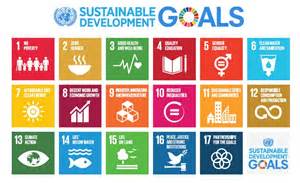
This was the fourth DWEN Summit I’ve been fortunate enough to attend, and the 3rd held in an emerging market. Hearing from politicians and entrepreneurs on the local African landscape was fascinating, and I came away very much of the view that while much of the attention in Australia at least has been on opportunities in India and China, Africa presents just as many, with 52 cities of more than 1 million people across the continent already.
It was somewhat ironic just a couple of days after Brexit to hear of the desire for the formation of an African Union and accompanying AU passport to facilitate travel across Africa. At present it is easier for American or British citizens to travel across African than it is Africans – in some instances it can be necessary for African people to go to London to get a visa to allow travel from one African country to another!

Ashish J Thakkar, chair of the UN Foundation’s Global Entrepreneurs Council and founder of the Mara Group which operates in 25 African countries and employs 11 000 people, spoke of the challenges facing African entrepreneurs in addition to the restrictions on travel. It’s a topic he’s exceptionally well qualified to speak on after his family lost everything twice, firstly after fleeing Uganda and Idi Amin and again 20 years later as refugees of the Rwandan genocide. He started a business at 15 to help his family, buying computer parts in Dubai and selling them at a profit in Uganda.
The first point he raised was that the lack of informal education around business operation and ownership in Africa creates an enormous need for mentorship, and it was also interesting to hear Cherie Blair speak later that day on the successes that the Cherie Blair Foundation for Women has also had in that regard in supporting over 2 000 female entrepreneurs across 90 developing and emerging economies.
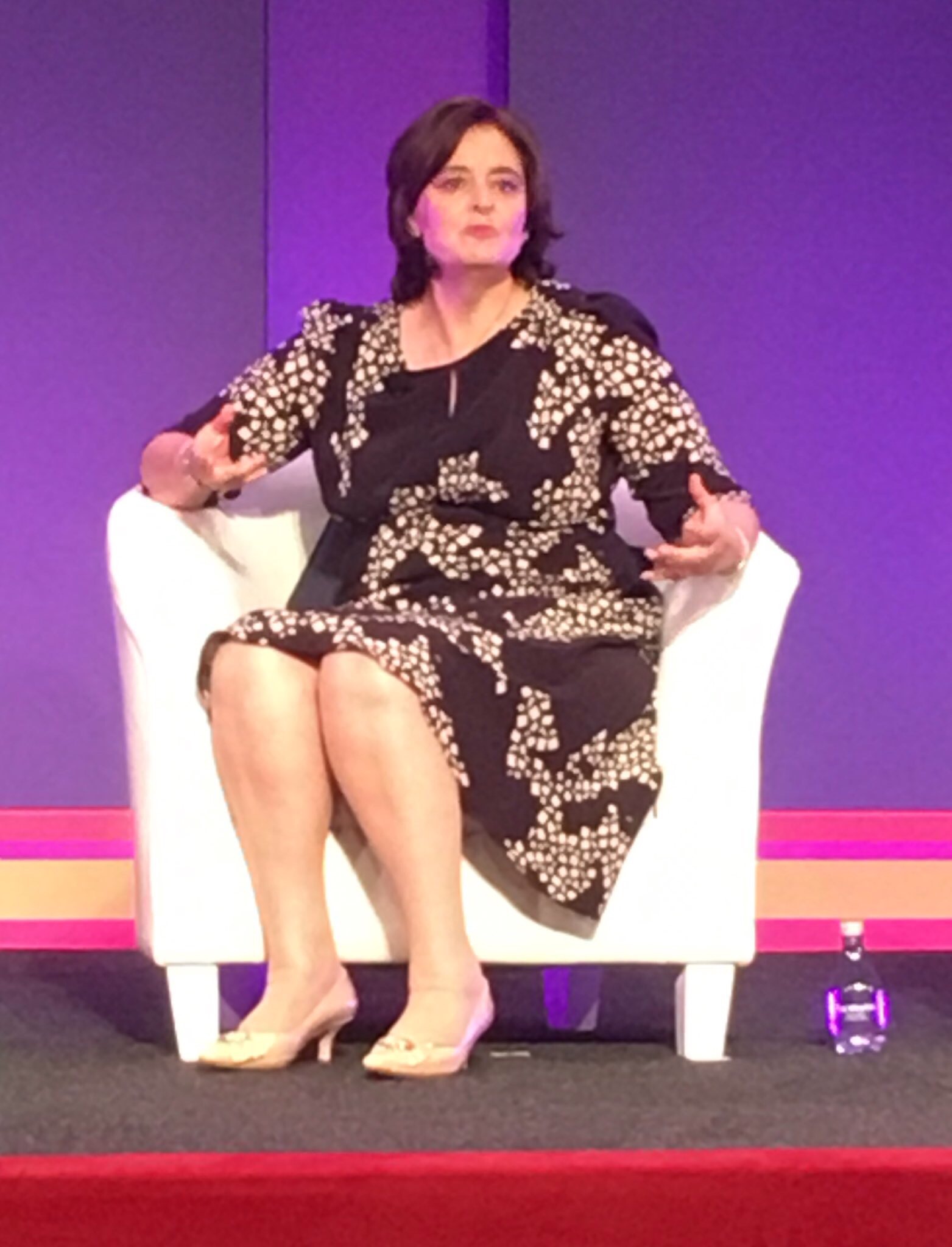
The second was around public policy and the role of governments in creating an enabling environment which allowed small and medium enterprise (SME) to flourish. Lindewe Zulu, Minister of Small Business Development for South Africa spoke of the SA governments initiatives in this regard, with government procurement policy requiring 30% of spend to be directed to SME in recognition of their job creation opportunities. The impact of this has been further extended by her departments’ decision to prioritise businesses that are run by minorities, defined as women, children, those with disabilities. I also loved their commitment to name and shame all departments who don’t honour the requirement to support small businesses by paying their invoices on time!
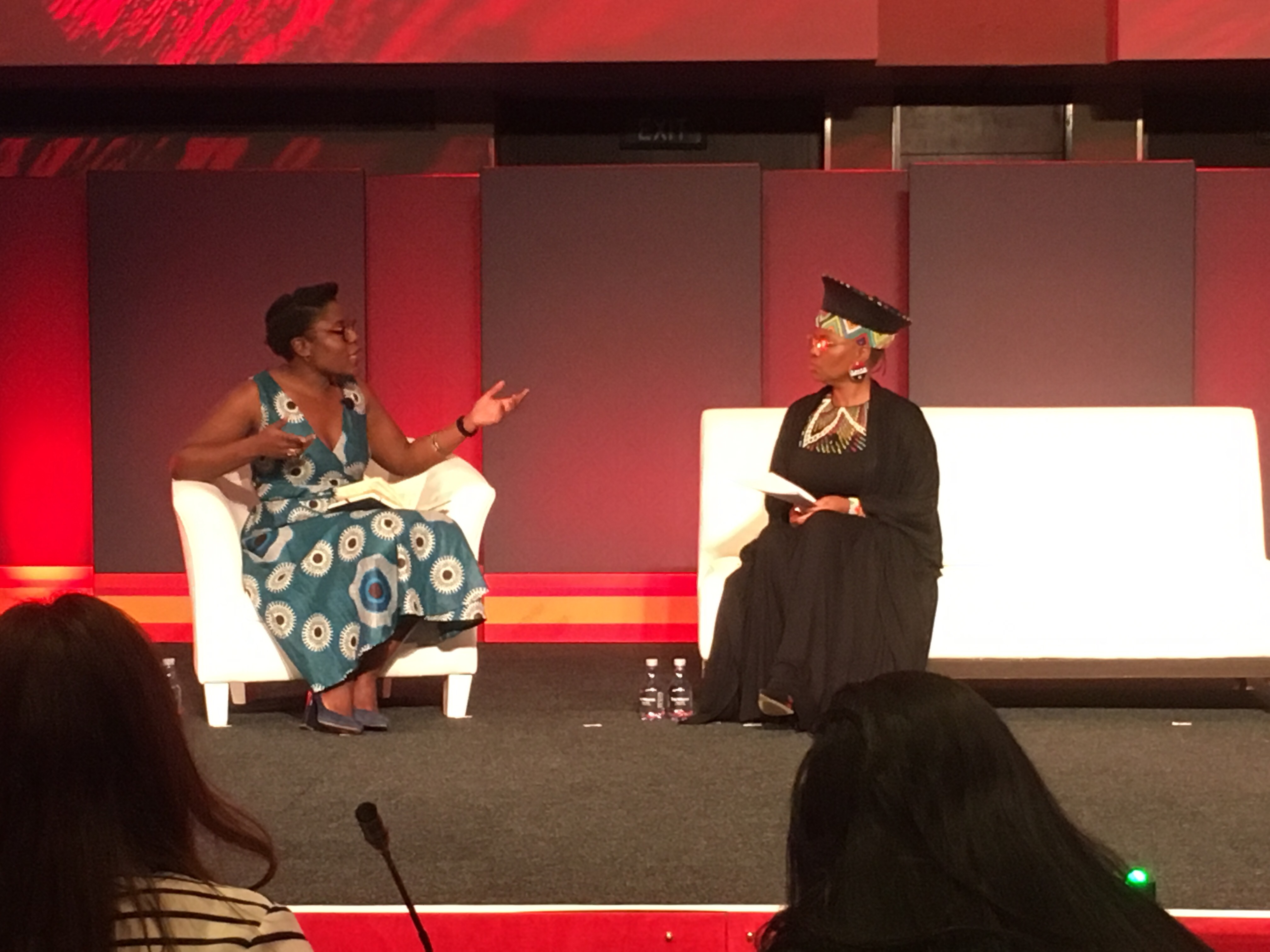
The third was the universal challenge of access to capital, getting banks comfortable with lending to SME and inspiring the angel/VC ecosystem. Interestingly as in other emerging markets a new lending framework driven by smartphones is also underway in Africa, with 700 million devices enabling money transfers and peer to peer lending.
The story that summed up the impact that an entrepreneurial mindset can have in creating jobs and changing outcomes was that of Vivian Kleynhans, the co-founder of Seven Sisters Wine. Vivien started her business with a goal of changing her family’s destiny, her parents had passed away and her seven sisters were physically separated. She wanted to create a place where they could all come back together and derive a sustainable income for their families, so despite the fact that there were no wineries operated by black people at the time, she started one and purchased wine from white owned wineries which she relabelled under her own brand. Unable to crack the local market initially, an American woman provided her first export opportunity. Her wine is now stocked across America in Walmart, and she’s just about to bottle the first shiraz grown on the 9 hectares of then barren land that the government awarded her, where they have also opened a restaurant where her sisters cook the food that their mother used to cook for them. Not only did we love hearing Vivian’s story, we all enjoyed raising a glass to her that evening as she shared her lovely wines with us at dinner.
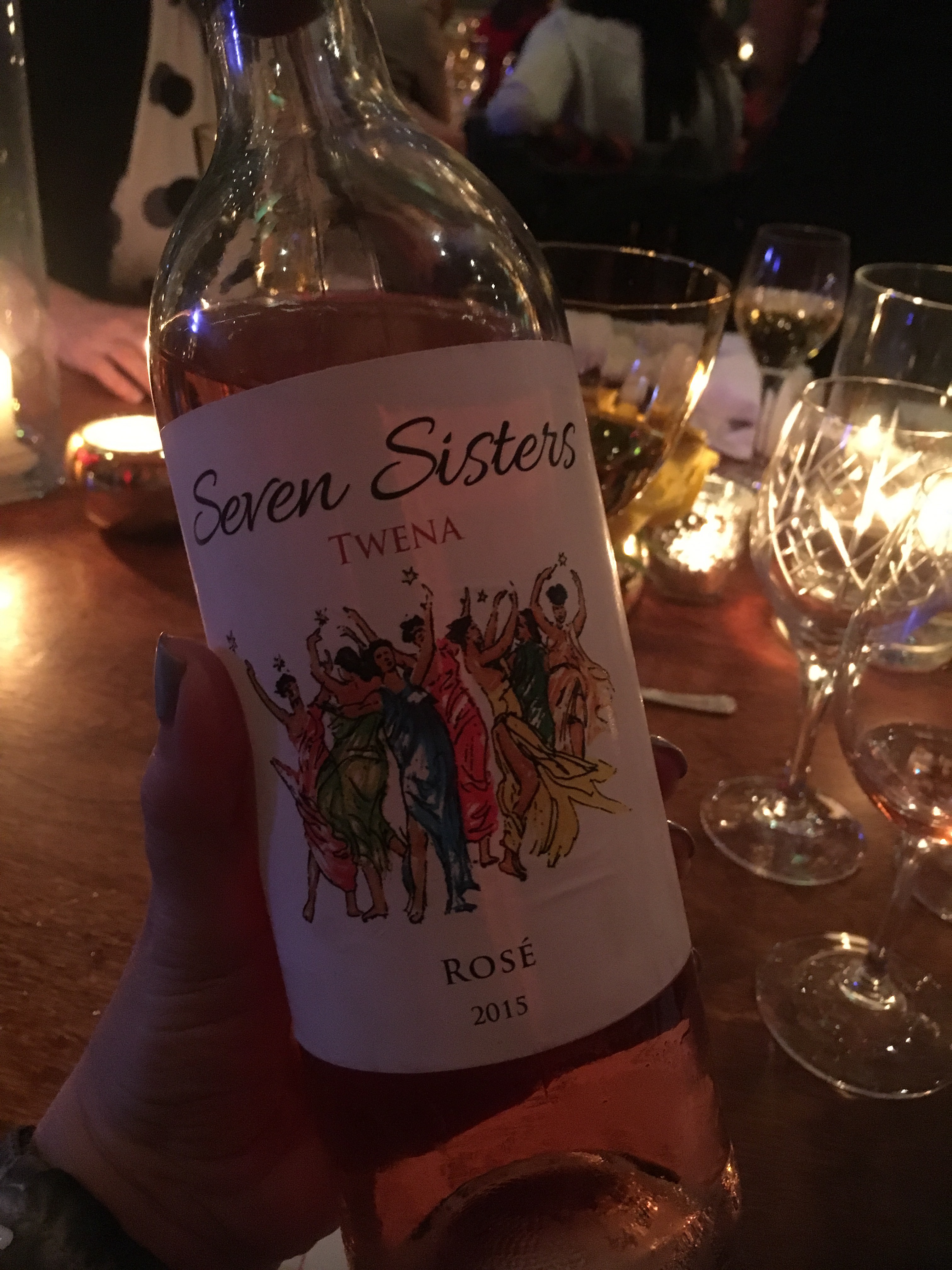
A Girls Track program was running concurrently with the main agenda, with 11 girls who were daughters of delegates teaming up with 8 girls from Christel House, a local facility breaking the cycle of poverty by providing education, healthcare and career planning to children from some of the poorest townships around CapeTown. Sascha was lucky enough to be invited to be one of the 11 and represent Australia, and had a fantastic time learning a variety of business skills including website design, marketing, and financial modelling, which they put into practice in generating ideas and plans for some of the businesses of Christel House graduates.
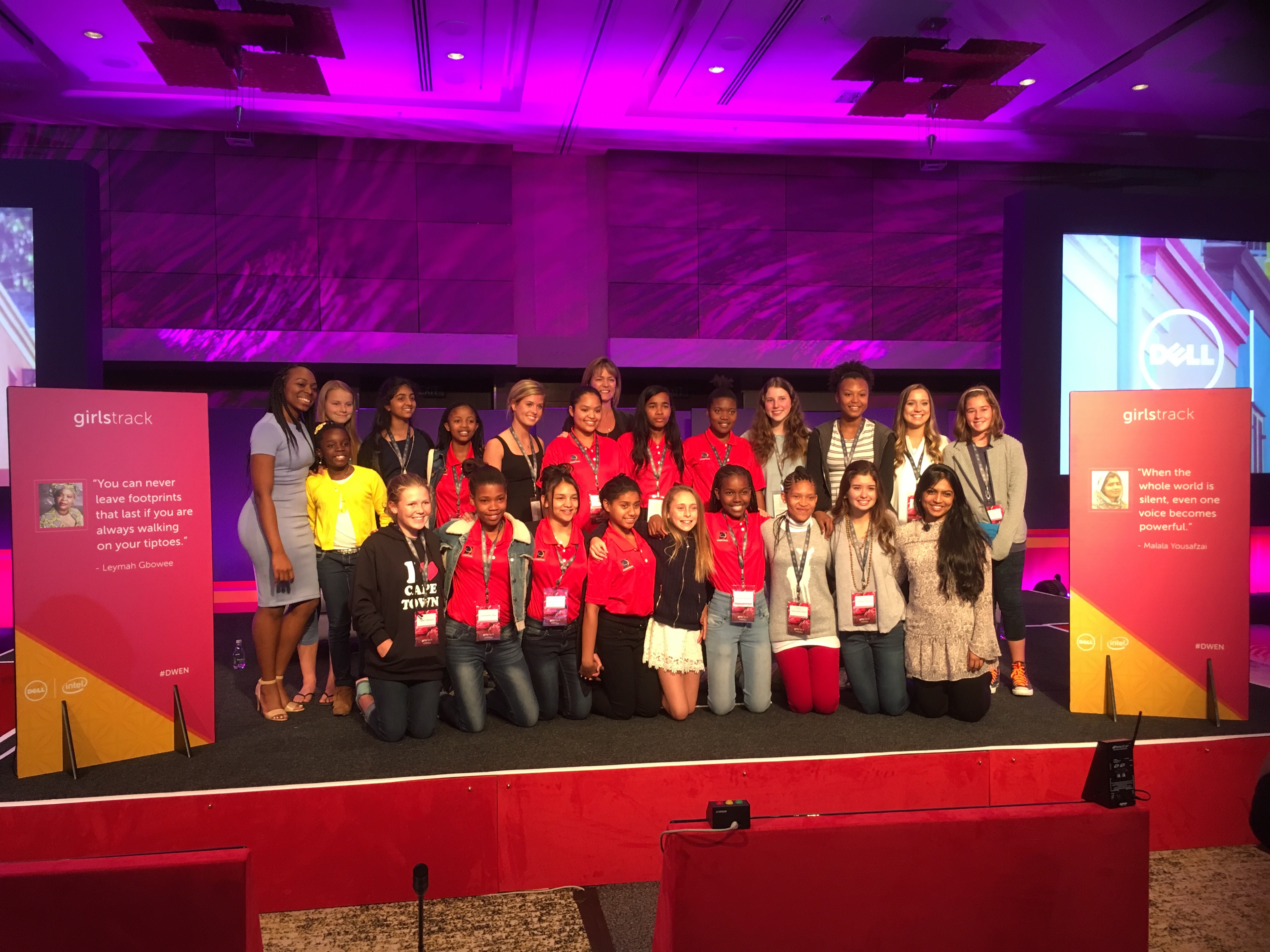
As Aongus Hegarty, Dell’s President of Europe, Middle East and Africa said, the Girls Track participants show the future of female entrepreneurship is in safe hands.
Elizabeth Gore, Dell’s Entrepreneur in Residence closed the Summit by asking us to take the knowledge we’d gained from DWEN and change as many lives as possible. The growth in entrepreneurship and in particular the increasing numbers of women moving into business ownership and operation is translating into job creation, and I know that DWEN participants are going to play their role in being part of the delivery of that eighth Goal.